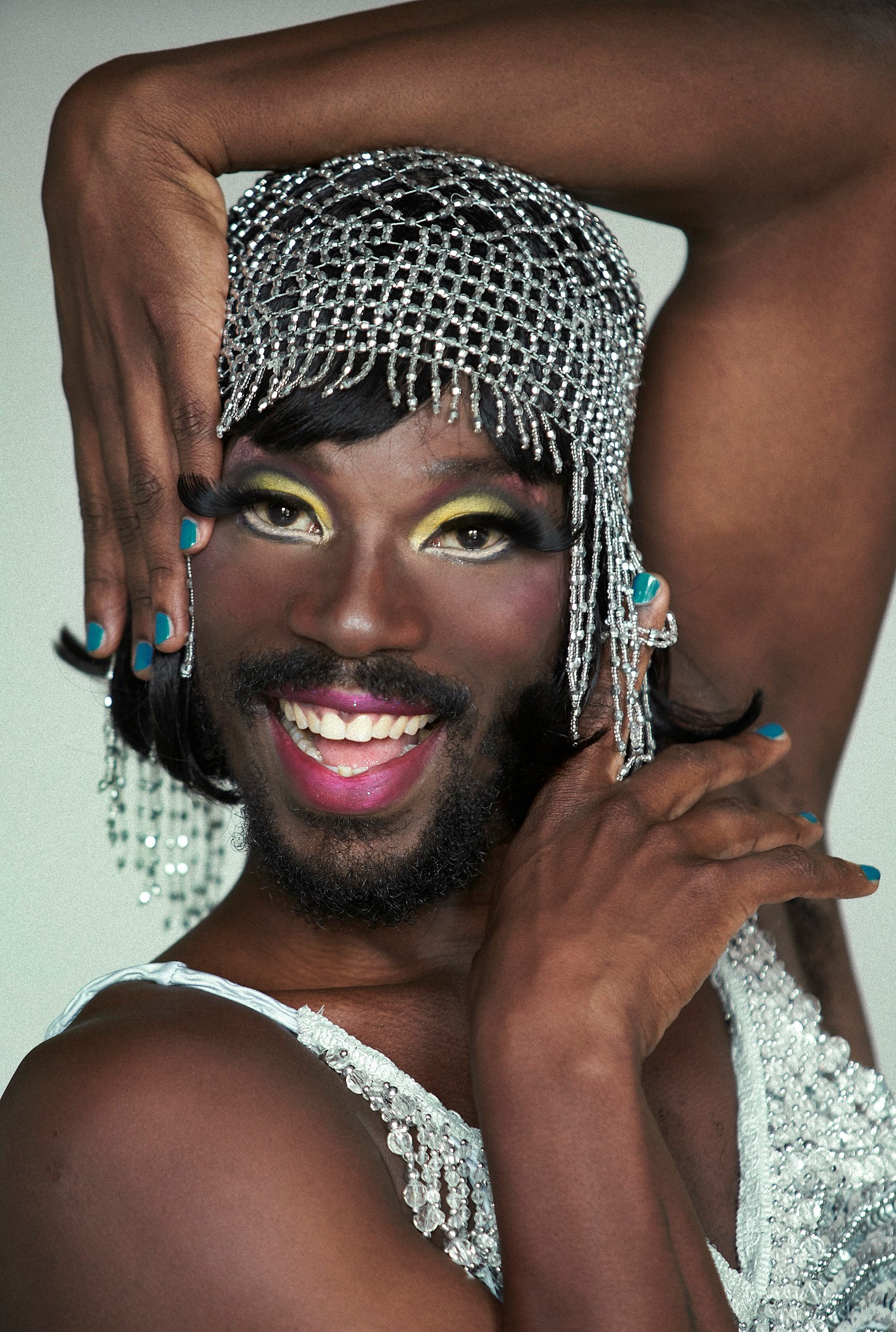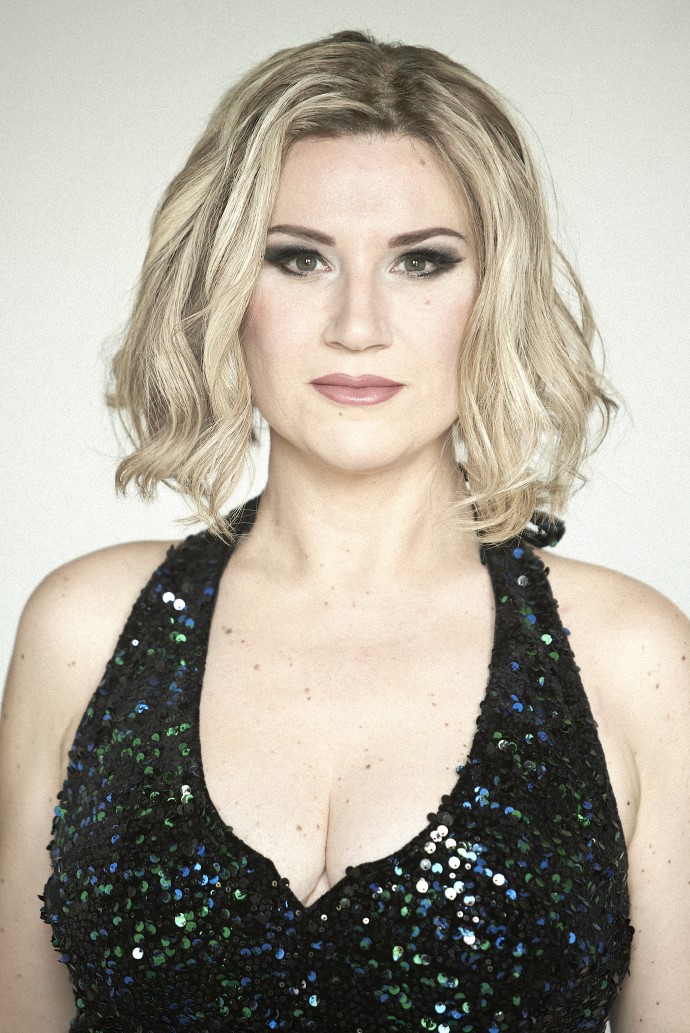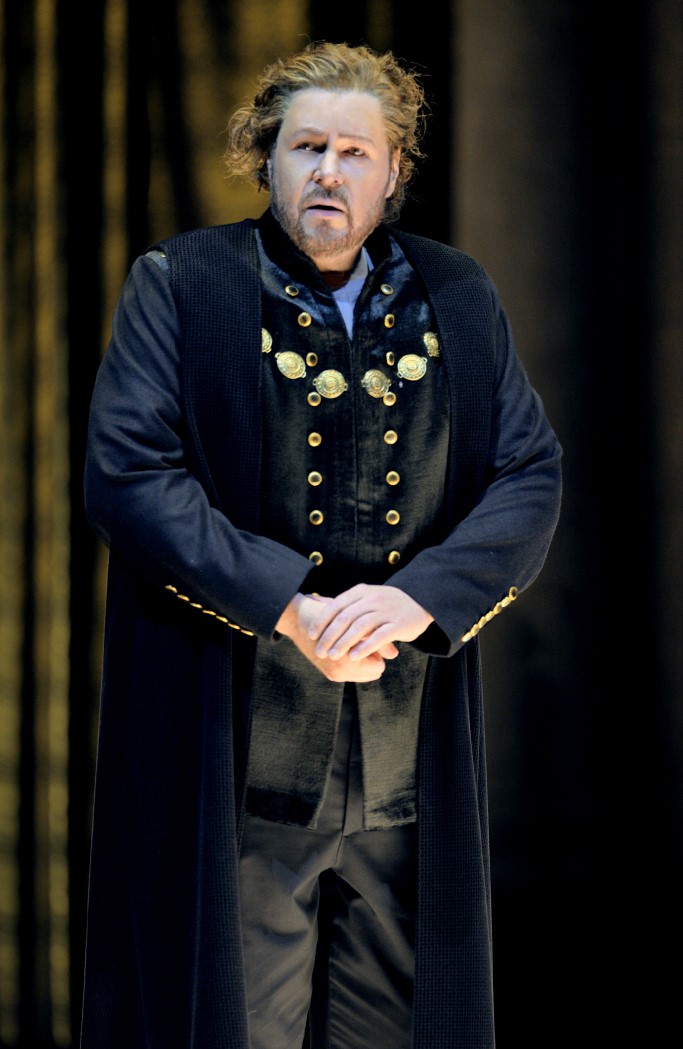Reviews
'Road Trip' Tannhäuser Returns to Bayreuth, with Covid-19 Updates
 Tobias Kratzer’s bold, imaginative production of Tannhäuser, which opened here in 2019 to mostly positive reviews, was revived this season with a few changes reflecting, and reflecting on, the Covid environment. As before, Kratzer’s genius was to move the action both forward and backward. While the opera has been updated to the present, the real impetus for the production comes from Wagner’s days in Dresden as a political rebel. Wagner’s rarely performed original “Dresden version” of Tannhäuser dates from this time—1845. Today the “Paris version,” created 16 years later for performance at the Paris Opera, is the more common.
Tobias Kratzer’s bold, imaginative production of Tannhäuser, which opened here in 2019 to mostly positive reviews, was revived this season with a few changes reflecting, and reflecting on, the Covid environment. As before, Kratzer’s genius was to move the action both forward and backward. While the opera has been updated to the present, the real impetus for the production comes from Wagner’s days in Dresden as a political rebel. Wagner’s rarely performed original “Dresden version” of Tannhäuser dates from this time—1845. Today the “Paris version,” created 16 years later for performance at the Paris Opera, is the more common.
Kratzer and his team resurrected the earlier score as a frame for this production, which attempts to bring the revolutionary thinking of the time, and its consequences, into the modern era. Part of his genius was to style the Venusburg denizens as a ragged band of anarchists, rather than as libertines. The updated characterization may have lost its shock value, but the political struggle, in addition to its relevance to Wagner’s early writing, is as resonant today as ever.
The road trip crew
For this Tannhäuser (seen August 23rd), Wagner’s words “freely willing; freely doing; freely enjoying” become the motto of a motley foursome: an impulsive, troubled clown whom we soon realize is Tannhäuser; an uninhibited, tough “Pussy Riot” woman whom we learn is Venus; a happy-go-lucky dwarf drummer named Oskar; and a campy, outrageous drag queen, Le Gateau Chocolat. We first encounter them during the overture via a video as they make their way from the Wartburg through the Thurengian forest enroute to Bayreuth in their traveling Venusburg, a silver Citröen camper van. In one of many changes this season, they must stop at a checkpoint for Covid tests before proceeding. When they discover they’re almost out of gas and food, they visit at a Burger King, where they are caught siphoning gas. Venus runs over and kills the policeman who tries to block them, and they flee.
 Tannhäuser, deeply disturbed by the policeman’s death, sings to Venus at an abandoned roadside chalet-restaurant where they’ve camped, first praising her but then asking to leave, which he ultimately does by jumping from the van as it proceeds down the highway. A girl on a bicycle (the part of the Shepherd Boy) points him to Bayreuth, which substitutes for Rome, as the Pilgrim Chorus is heard.
Tannhäuser, deeply disturbed by the policeman’s death, sings to Venus at an abandoned roadside chalet-restaurant where they’ve camped, first praising her but then asking to leave, which he ultimately does by jumping from the van as it proceeds down the highway. A girl on a bicycle (the part of the Shepherd Boy) points him to Bayreuth, which substitutes for Rome, as the Pilgrim Chorus is heard.
The second act is a bit muddled, but the Festspielehaus is the destination of the pilgrims (here a typical dressed-up Bayreuth audience preparing to enter the theater) and the singing competition takes place on stage. We see the knights and other “cast members” backstage via video, then on the real stage as they make their entrances.
Meanwhile, the Citröen arrives. Venus and her troupe steal a construction ladder, hoist a large sign with their motto on the Festspielehaus façade and, after breaking in through a window, head backstage. The scene includes witty inside jokes. They pass the photographs of conductors who’ve worked here, and Siegfried Wagner’s photo comes flirtatiously alive as Le Gateau Chocolat sashays by. Meanwhile the photo of Valery Gergiev, whose conducting at the opening season of this opera was widely regarded as a disaster, lies on the floor rather than on the wall.
Art reflecting reality
Venus kidnaps a cast member, steals her costume, and arrives onstage in disguise to cheer on Tannhäuser and win him back. As Tannhäuser breaks into his song to Venus, the anarchists are discovered, and we witness the security guard calling Festival Director Katharina Wagner, who calls the Bayreuth police, who arrive in force and ultimately arrest Tannhäuser, who takes the fall for killing the policeman.
Farce gives way to tragedy in the final act, as presaged in Wagner’s infinitely sad prelude. The landscape changes to a desolate, post-apocalyptic wasteland: junked cars, dead trees, and the remains of the Citröen guarded by the poor dwarf. A giant billboard shows Le Gateau Chocolat, having sold out and now advertising a luxury wristwatch. Elisabeth wanders through, and the dwarf shares his meager sandwich with her. Wolfram arrives and, seeing Elisabeth, dons the clown suit and wig to seduce her, betraying his friend. When Tannhäuser arrives, he snatches his poetry book from Wofram and shreds it, perhaps symbolizing the end of his anarchic, free-spirited art. Elisabeth is also dead, having slashed her wrists. Tannhäuser carries her lifeless body. What will become of him, and of his art? Can he, like, Wagner (and Le Gateau Chocolat) make peace with society and create new art? The final road trip leaves us pondering the question.
 All of this is realized with video footage, designed by Manuel Braun and brilliantly integrated with the action on stage. The entire production is a marvel of ingenuity.
All of this is realized with video footage, designed by Manuel Braun and brilliantly integrated with the action on stage. The entire production is a marvel of ingenuity.
Conductor Axel Kober, a Bayreuth veteran, made a persuasive case for the Dresden score, briskly energetic in the first acts, sensitive in the lyrical music of the third. Coordination was masterly, and even the remote chorus sounded very present.
Winning voices
Lise Davidsen was a stunning success as Elizabeth. Her dramatic soprano voice is powerful and bright, and here she displayed a range of intense emotions vocally and physically. Stephan Gould has sung Wagner’s most demanding heldentenor roles in his 19 seasons here, and he can still triumph as Tannhäuser, one of the toughest. Powerful, but with finesse and grace, he shows us Tannhäuser’s troubled soul, and if his voice isn’t quite as agile as it once was, it packs dramatic punch. Markus Eiche was a restrained Wolfram. Günther Groissböck, who withdrew as Wotan from the Die Walküre this season and from next season’s Ring, sang as the Landgrave with finesse.
Russian soprano Ekaterina Gubanova had been cast as Venus in the production’s 2019 premiere before injuring her knee in rehearsal and bowing out of the production altogether. She was finally here to take over the role, which she did completely—a wild woman let loose on stage, totally uninhibited, with an energetic voice to match. At the first interval, the audience moved to the lake on the festspielehaus grounds where the Venusburg gang cavorted, and Gubanova stole the show, vamping hilariously. The real Le Gateau Chocolat, a well-known figure in London circles, performed in 2019, but was unable to travel here due to Covid restrictions, so the role was played, with exuberant panache, by Kyle Patrick. Manni Laudenbach played the dwarf role of Oskar and was especially moving in the poignant third act.
Photos from the top: Kyle Patrick as Le Gateau Chocolat; Ekaterina Gubanova as Venus; Stephen Gould as Tannhäuser
Photos by Enrico Nawrath

WHO'S BLOGGING

Law and Disorder by GG Arts Law
Career Advice by Legendary Manager Edna Landau
An American in Paris by Frank Cadenhead





 FEATURED JOBS
FEATURED JOBS

 RENT A PHOTO
RENT A PHOTO


